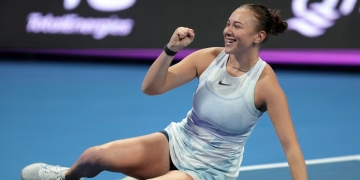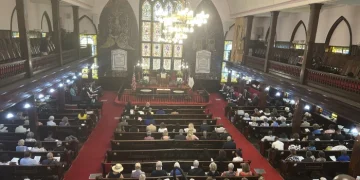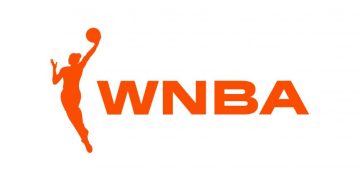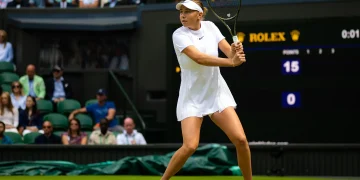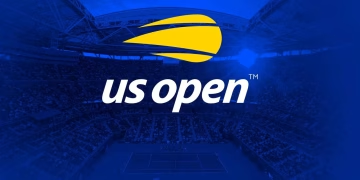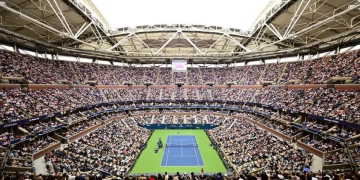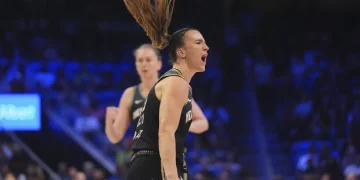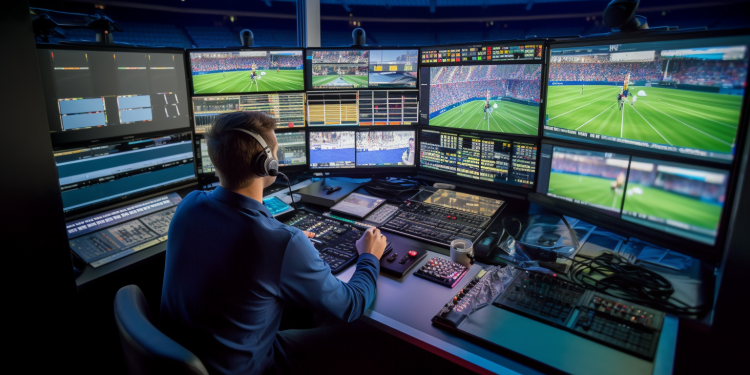By: Jim Williams
Senior Columnist – Associate Editor
Capital Sports Network
If you watched any college football games this past season, you likely saw advertisements advocating for amending the 1961 Sports Broadcasting Act (SBA). However, some industry veterans and legal scholars caution against rushing into reforms. While the law may seem outdated in the streaming age, its core protections—especially regarding antitrust exemptions and blackout rules—continue to play vital roles in maintaining competitive balance and protecting local institutions
MUST READS
The Original Intent Still Matters
The SBA was enacted to prevent market chaos. By allowing professional leagues to pool broadcast rights, it ensured that small-market teams weren’t left behind in the race for airtime and revenue. The blackout provisions, often criticized today, were designed to protect attendance at college and high school games—especially in communities where gate receipts fund athletic programs.
As sports law expert Patrick Ashby notes, “The blackout rule wasn’t just about TV—it was about preserving the local sports ecosystem. Diluting that protection could have unintended consequences”.
Risk of Revenue Fragmentation
Critics of reform argue that removing blackout rules or expanding antitrust exemptions to streaming platforms could lead to a fragmented media landscape. Schools with larger fan bases and tech-savvy media teams might dominate negotiations, leaving smaller programs with less visibility and fewer resources.
This echoes concerns raised in the 1984 Supreme Court case NCAA v. Board of Regents, where the Court struck down the NCAA’s centralized control over TV rights. While the decision allowed schools to negotiate independently, it also led to disparities in exposure and revenue that persist today.
NIL and Streaming: A Volatile Mix
With Name, Image, and Likeness (NIL) deals already reshaping college athletics, some worry that loosening SBA restrictions could further commercialize the space. “We’re already seeing athletes treated like influencers,” said media analyst Jason Meyer. “If we deregulate broadcasting too quickly, we risk turning college sports into a bidding war, not a developmental platform”.
Complexity of Modern Media Rights
Streaming platforms operate under different legal and financial frameworks than traditional broadcasters. Expanding SBA exemptions to include digital media could create loopholes that are difficult to regulate. Without clear guidelines, schools and conferences may enter deals that prioritize short-term gains over long-term sustainability.
What Reformers Might Be Missing
While reform advocates focus on fan access and modernizing media rights, defenders of the SBA argue that the law still provides a necessary guardrail. “It’s not perfect,” said one House Judiciary staffer, “but it’s one of the few tools we have to ensure fairness in a rapidly changing media economy”.



